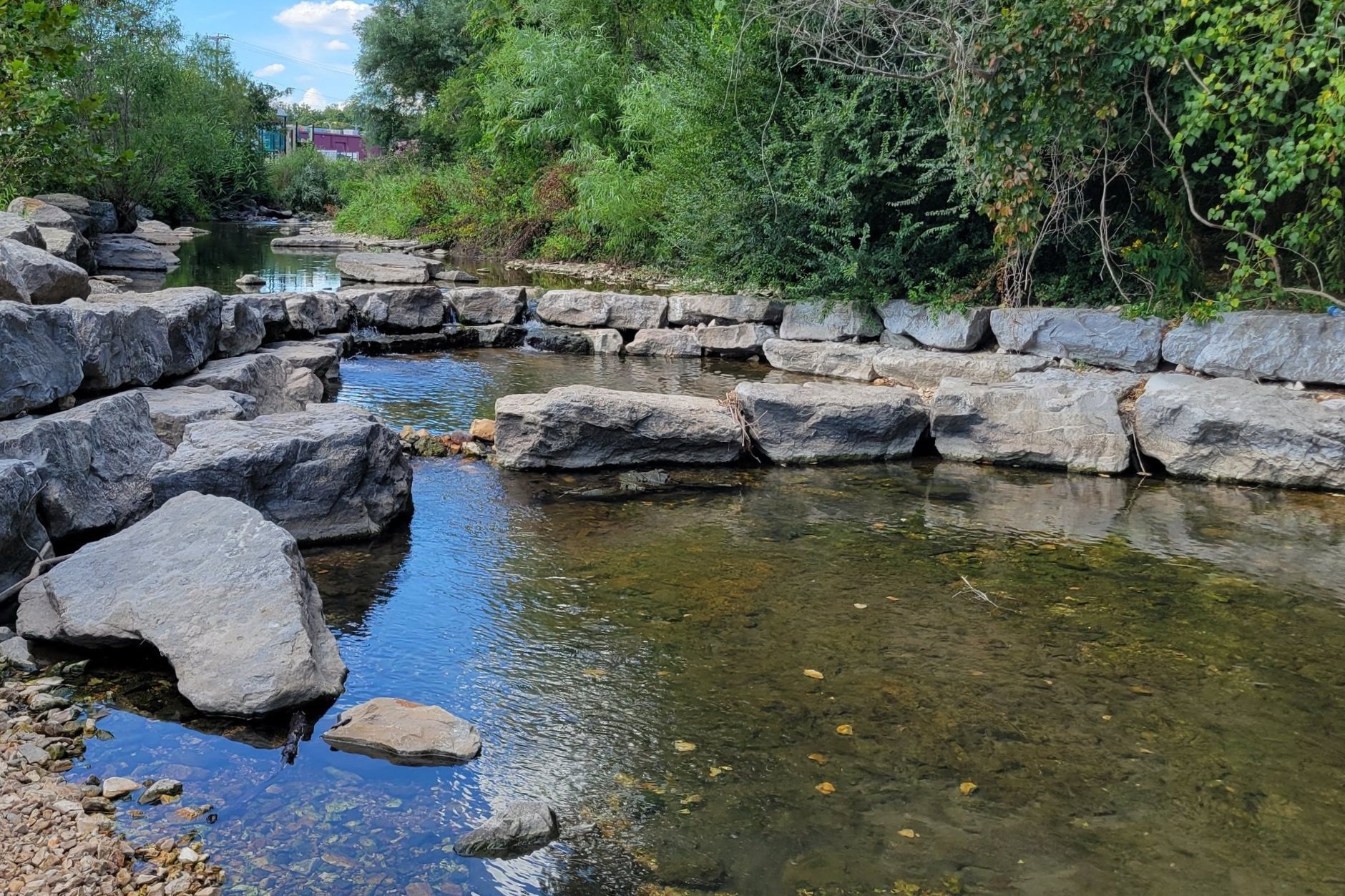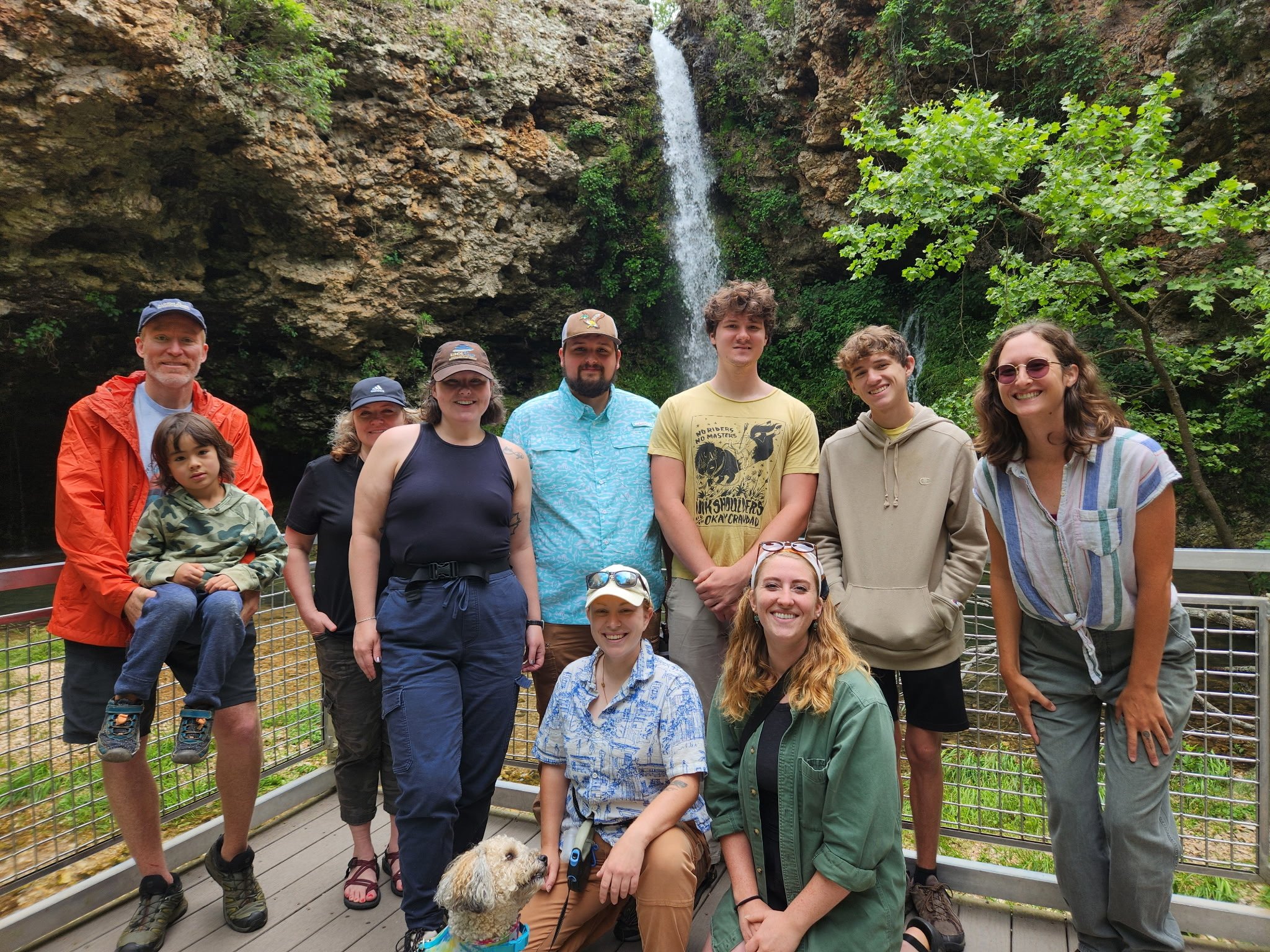
For 20 years we have worked to improve water quality in the Illinois River Watershed.
IRWP’s Origins
In September 2005, a diverse group of Northwest Arkansas leaders organized an Upper Illinois River Summit with 65 watershed stakeholders committing to personal action and agreeing that public education is the number one priority to improve and protect water quality in the Illinois River. In December 2005, the summit group formed the Illinois River Watershed Partnership.
The Illinois River Watershed Partnership is composed of a broad variety of stakeholders with a shared interest in having a healthy and productive watershed and river-- including it’s landowners, who directly affect the water quality of the Illinois River.
Our Mission
The Illinois River Watershed Partnership is a non-profit that works to improve the integrity of the Illinois River Watershed through public education, outreach, and implementation of conservation and restoration practices throughout the watershed.

What is a Watershed?
For those that may be new to the term “watershed,” you are in one right now. Watersheds divide one drainage area from another, using natural boundaries like geographic features such as elevation to determine where the water will drain. It is easy to observe surface drainage in many watersheds; however, much of the water can move below ground and thus be more difficult to measure and influence. The natural logic about how we observe the water flowing demonstrates how important it is to use a watershed-based resource management approach to plan, measure progress, and work toward long-term health of our rivers. In a watershed, all of the stormwater flows to a central outlet or collection point, and for much of Northwest Arkansas, that outlet is the Illinois River.
Curious what watershed you are located in? Look it up here.
The Illinois River begins as a spring-fed stream near Hogeye, Arkansas. The river flows north and then southwest, picking up major tributaries including Goose Creek, Clear Creek, Osage Creek, Cincinnati Creek, until it crosses the state line near Watts, Oklahoma, where it picks up major tributaries including Flint Creek and the Baron Fork amongst others. The river forms Tenkiller Ferry Lake near Tahlequah and flows into the Arkansas River near Gore, Oklahoma.
The Illinois River Watershed covers about 1,167,000 acres (1,824 square miles), with 758 square miles of the watershed located in Northwest Arkansas. The watershed encompasses parts of Benton, Washington, and Crawford Counties in Arkansas, and Delaware, Adair, Cherokee, and Sequoyah Counties in Oklahoma.
Land Use in the Watershed
Historically, the Upper Illinois River watershed was primarily covered with hardwood forest and mounded upland prairies. However, around the start of the 20th century, much of this forest was cleared and prairies leveled for use as pasture to graze livestock or produce hay. Land use change has been identified as a concern in this watershed, as much of the land is now a mix of agricultural lands (pasture, hay, and poultry operations) and rapidly developing urban/suburban areas.
Much of the watershed on the Arkansas side has experienced rapid urban expansion in the past 15 years, leading to much greater residential and commercial land use than ever before.
The following tributaries are just some of the waterways that experience some sort of degradation due to agricultural, residential, industrial, and recreational uses: Clear Creek, Osage Creek, Little Osage Creek, Moores Creek, Muddy Fork, Sager Creek, Cloud Creek, Caney Creek, Barren Fork, Pecan Creek, and Tahlequah Creek.
Want to learn more about the Illinois River? You can read the Watershed Management Plan!
Why is the Illinois River Important?
The Illinois River is designated for recreation, propagation of fish and wildlife, agricultural and industrial water supply, as well as drinking water supply. Once it enters Oklahoma, it is also designated as a Scenic River. The Illinois River is recognized as one of Oklahoma’s most valuable water resources.
The Illinois River Watershed includes 4 federally protected threatened species, in addition to 6 endangered species. The federally threatened species include the Rabbitsfoot freshwater mussel, Northern Long-Eared Bat, Ozark Cavefish, and Missouri Bladderpod. The 6 endangered species are the Benton County Cave Crawfish, Neosho Mucket, American Burying Beetle, Ozark Big-Eared Bat, Gray Bat, and the Indiana Bat.
Get to Know IRWP
Our Mission
The Illinois River Watershed Partnership works to improve the integrity of the Illinois River Watershed through public education, outreach, and implementation of conservation and restoration practices throughout the watershed.
Our Vision
The Illinois River and its tributaries will be a fully functioning ecosystem, where ecological protection, conservation, and economically productive uses support diverse aquatic and riparian communities, meet all state and federal water quality standards, promote economic sustainability, and provide recreational opportunities.
Watershed Management Plan
Want to better understand how we plan our strategic initiatives at the Illinois River Watershed Partnership? Our watershed management plan is a more technical analysis of the watershed and its challenges.
Our Staff
Whether you are looking to share your story with us and engage in one of our funding programs or you are reaching out to volunteer, the contacts are here. Learn more about our staff.
Our Board of Directors
Having a diverse group of stakeholders means an organization needs a diverse board. Learn about the board of directors at IRWP.
Our Sponsors
Sponsorships and partnerships are the foundation of our organization’s success. We are proud to have so many dedicated sponsors and lifetime members. Learn who they are and how you can become one.








